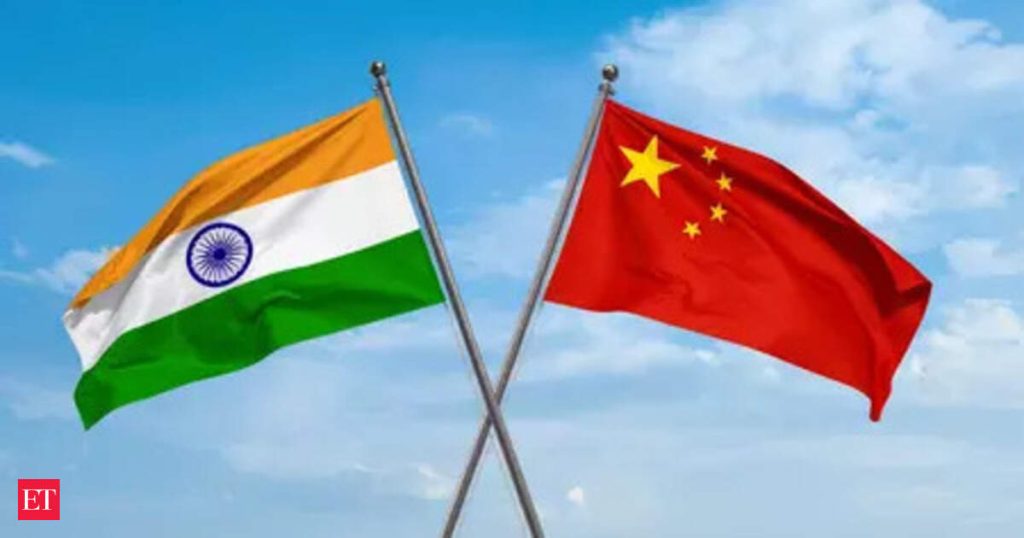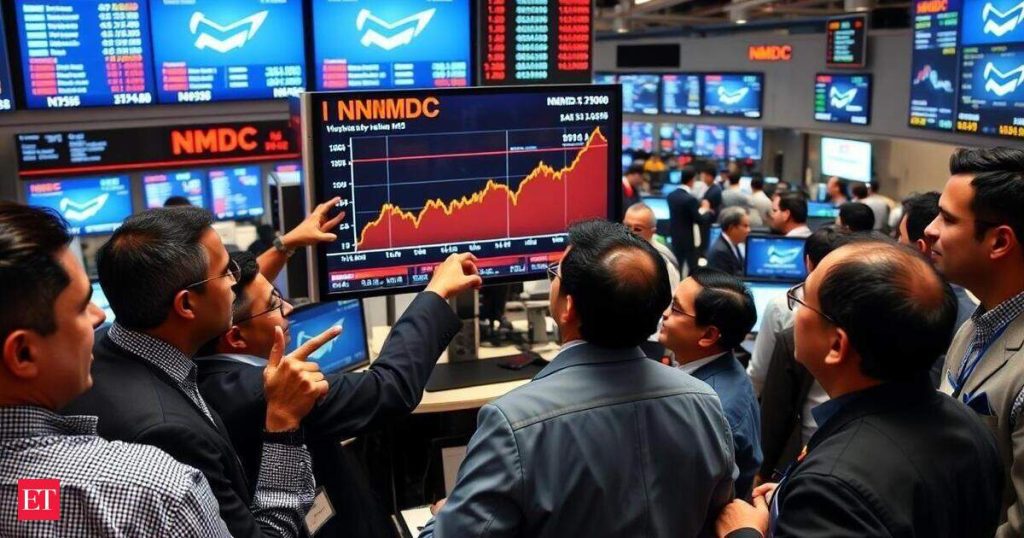Now Reading: India Opposes Inclusion of Religion-Based Criteria in UNSC Reforms
-
01
India Opposes Inclusion of Religion-Based Criteria in UNSC Reforms
India Opposes Inclusion of Religion-Based Criteria in UNSC Reforms

Quick Summary
- India’s stance on UNSC reform: India rejected proposals to introduce religion or faith as a basis for representation in a reformed UN Security Council, maintaining that regional representation has been the accepted norm.
- Remarks by India at IGN meeting: Ambassador P. Harish criticized opposition to text-based negotiations for stalling progress on reforms.He argued that an expanded and accountable Security Council could address pressing global issues effectively.
- G4 perspective: Brazil, Germany, Japan, and India supported text-based negotiations and insisted on increasing permanent members from 5 to 11 while raising total Council membership to 25 or 26.G4 stated any expansion solely in non-permanent categories would entrench existing power imbalances and ignore underrepresentation-particularly of developing countries like those in Africa.
- Alternative proposals: The Uniting for Consensus (UfC) group proposed expanding only non-permanent seats to increase membership from 15 to 27. The Arab group pushed for proportional Arab representation based on population size and agenda relevance involving the region in UNSC discussions.
- France’s support for India: France backed permanent seats for Brazil, Germany, Japan, african states, and strategic veto rights-explicitly favoring India’s candidacy.
Indian Opinion Analysis
India’s firm rejection of religion or faith as criteria in UN Security Council reforms underscores it’s commitment to established principles such as regional representation rather than divisive new parameters. This approach aligns with its emphasis on equitable reforms reflecting contemporary geopolitical realities over preserving ancient imbalances favoring existing powers.
The G4’s position prioritizing both permanent and non-permanent expansion reflects broader demands from developing nations seeking meaningful inclusion-the alternative proposal by UfC risks perpetuating systemic inequalities within the global governance framework by offering only cosmetic changes through increased non-permanent positions.
France endorsing India’s bid strengthens calls for recognition of notable global actors outside traditional Western influence spheres; this could pave the way toward an overdue adjustment better representing dynamic shifts in international relations. However, resistance from groups like UfC signals ample negotiation hurdles ahead before consensus can be achieved-a critical test of multilateral diplomacy’s capacity amid growing geopolitical fragmentation globally.



























